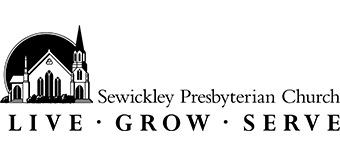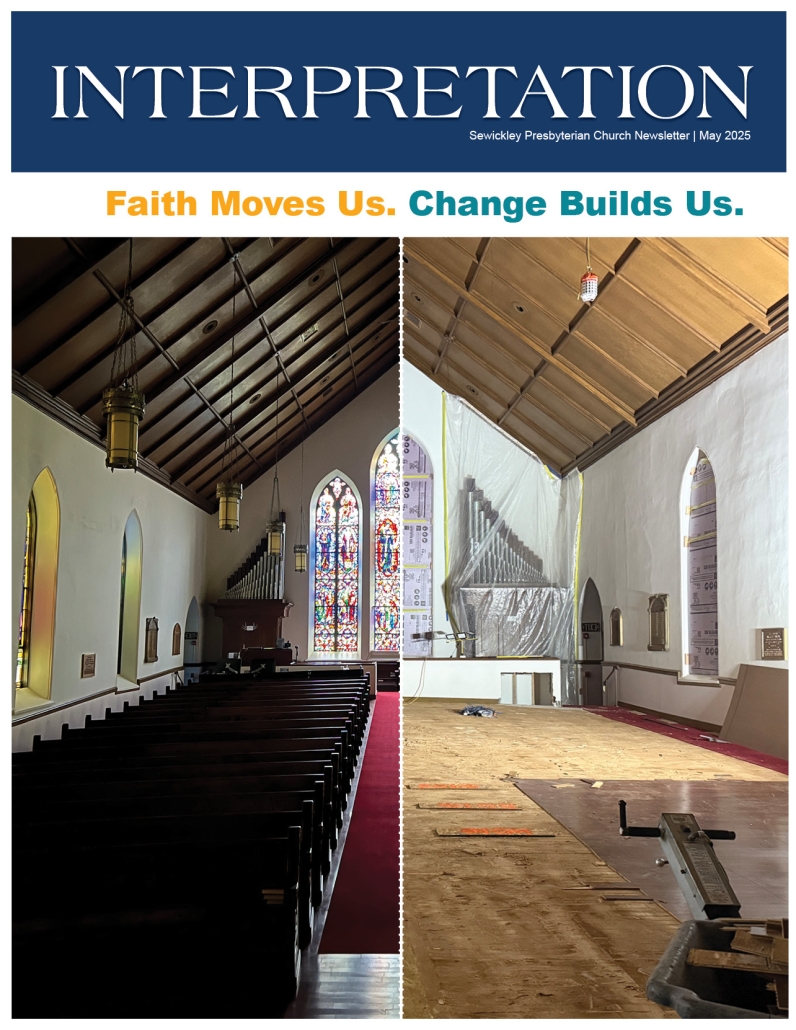Beginning with the End in Mind
In his book The Seven Habits of Highly Effective People, Stephen Covey suggests that “one should begin each day, task or project with a clear vision of one’s desired direction and destination”. I must admit that when I began the Bible Project on January 1, the destination I had in mind was getting THROUGH the Old Testament and getting TO the New Testament as rapidly as possible. For me, the Old Testament was a means to an end…something to be endured in order to gain a deeper understanding of Christ’s teachings in the New Testament (NT).
Congratulations to those tenacious participants who started with “in the beginning” in January and have kept up with their daily readings. We are now rapidly approaching the midpoint of the Bible Project. But there are still nearly 80 days of Old Testament (OT) readings remaining before we arrive at the good news of the Gospels on August 24. Wow, this is an incredibly lengthy OT journey!
Yes, the OT readings can sometimes be laborious, but after reading for 5+ months I am beginning to understand that the OT offers important historic context and advice that allows us to better understand the NT while helping us to become better decision makers in the process.
For example, isn’t it interesting that Matthew begins his Gospel by describing Jesus as the “Son (i.e., descendant) of David?” So, why is this so important? Had we not read the OT, we might be tempted to say “so what?” to Matthew. I now believe that it was worth the effort to read about the 12 tribes of Israel, their leaders and interrelationships just to understand the connection to Matthew’s lineage of the house of David.
Also, isn’t it amazing that 700 years before the birth of Christ, the prophet Isaiah was inspired by God to write:
“For this reason, the Lord himself will give you a confirming sign. Look, this young woman is about to conceive and will give birth to a son. You, young woman, will name him Emmanuel.” (Isaiah 7:14)
These passages afford a glimpse into the Master plan that God had devised centuries before this prophecy was fulfilled through the coming of the Messiah. Isaiah was a divinely inspired instrument who provided evidence that God began creation with the end in mind.
Here’s another thought from my reading of the OT: Ever since creation and the Garden of Eden, there has been a documented human propensity to disobey God. It seems that many Israelites were fundamentally incapable of learning from their mistakes and becoming loyal followers of God. This precipitated a perpetual cycle of God’s revenge/forgiveness with an abundance of life and property destroyed in the process. While reading the OT, I have often wondered why God selected Israel as his chosen people in the first place. What was God thinking? Surely he knew that the Israelites would eventually become disobedient. Was God desperate? Were there no other contenders?
Perhaps at least part of the OT takeaway for each of us involves patience and perseverance in our Biblical reading habits, a healthy appetite for understanding, learning from our mistakes as well as those of our forbearers, and perhaps most importantly, conducting our lives with God’s Master plan in mind.
Eric Fulmer, SPC Member



